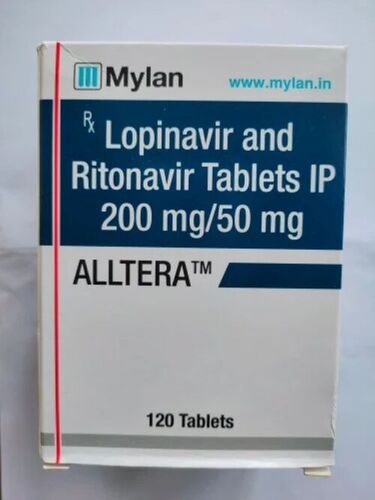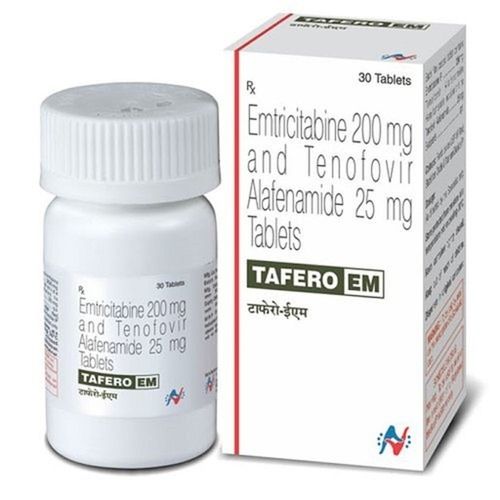Lopinavir and Ritonavir
Product Details:
Lopinavir and Ritonavir Price And Quantity
- 3099 INR/Bottle
- 5 Bottle
Lopinavir and Ritonavir Trade Information
- 1000 Bottle Per Week
- 4 Days
- Asia Australia Central America North America South America Eastern Europe Western Europe Middle East Africa
- All India South India Central India West India North India East India Gujarat Karnataka Kerala Lakshadweep Mizoram Meghalaya Manipur Andhra Pradesh Bihar Chandigarh Daman and Diu Goa Jharkhand Odisha Punjab Assam Delhi Dadra and Nagar Haveli Andaman and Nicobar Islands Arunachal Pradesh Chhattisgarh Haryana Himachal Pradesh Jammu and Kashmir Madhya Pradesh Maharashtra Nagaland Rajasthan Sikkim Tamil Nadu Telangana Tripura Pondicherry Uttar Pradesh Uttarakhand West Bengal
Product Description
Here's what each component does:
-
Lopinavir: Lopinavir is a protease inhibitor. It works by inhibiting the activity of the protease enzyme, which is necessary for HIV replication. By blocking this enzyme, lopinavir helps to reduce the amount of HIV in the body, slowing down the progression of the disease.
-
Ritonavir: Ritonavir is also a protease inhibitor, but it's primarily used as a "booster" medication. It works by inhibiting an enzyme in the liver that metabolizes lopinavir, thereby increasing the levels of lopinavir in the blood. Ritonavir does not have significant antiviral activity on its own but enhances the effectiveness of lopinavir when used together.
The combination of lopinavir and ritonavir is often used as part of antiretroviral therapy (ART) for the treatment of HIV infection in adults and children. It's usually taken orally in tablet form.
As with any medication, it's important to take Alltera (lopinavir/ritonavir) exactly as prescribed by your healthcare provider. Skipping doses or not taking the medication as directed can lead to decreased effectiveness and potential development of drug resistance.
Additionally, be aware of potential side effects, and discuss any concerns with your healthcare provider. Common side effects of lopinavir/ritonavir may include gastrointestinal symptoms, changes in blood lipid levels, and interactions with other medications.
If you have any questions or concerns about Alltera (lopinavir/ritonavir) or its use, it's best to consult with your healthcare provider or pharmacist for personalized advice.

Price:
- 50
- 100
- 200
- 250
- 500
- 1000+







 Contact Us
Contact Us
